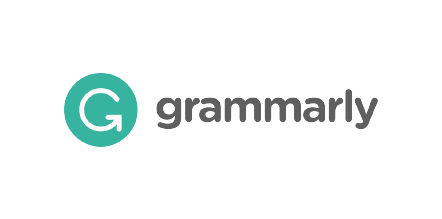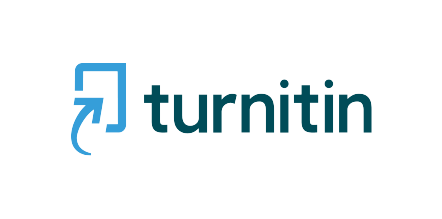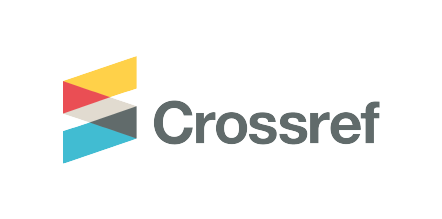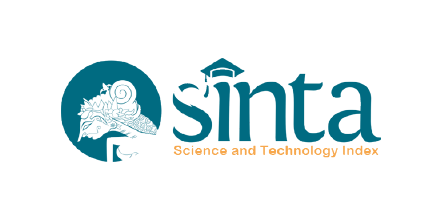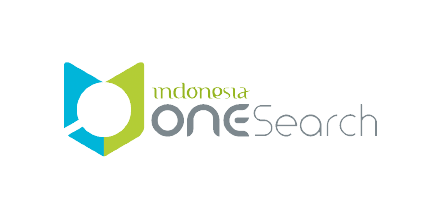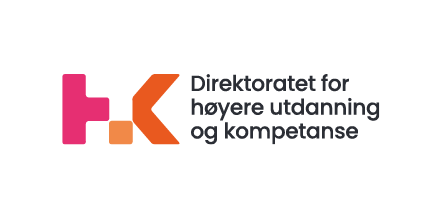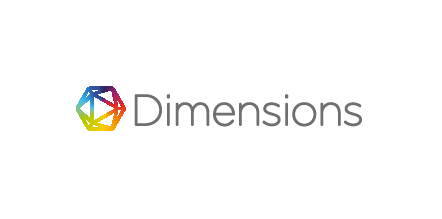Inclusive Education in Indonesia from The Perspective of Widyaiswara in Center for Development and Empowerment of Teachers and Education Personnel of Kindergartens and Special Education
DOI:
https://doi.org/10.21776/ub.ijds.2017.4.2.3Keywords:
Inclusive Education, Special Education, PPPPTK TK & PLBAbstract
Since 2009, Indonesia has an excellent commitment and effort in the field of inclusive education. The government provides equal opportunities in education. Through Centre for Development and Empowerment of Teachers and Education Personnel of Kindergartens and Special Education (PPPPTK TK & PLB), the government provides training and services to teachers in the field of inclusive education and special education. The teacher trainers in PPPPTK TK & PLB are called WidyaIswara. The purpose of this study is to know the implementation of inclusive education in Indonesia from the perspective of WidyaIswara of PPPPTK TK & PLB. The research used qualitative method. This research was conducted on March 2nd, 2017 in PPPPTK TK & PLB located in Bandung, Indonesia. Data were collected using a questionnaire in the interview related to perceptions about special and inclusive education. The interview process used the instrument in interview form to experts that called WidyaIswara with closed-ended questions. A total of 3 Expert in Inclusive Education in PPPPTK participated in this activity. From the findings and discussion of the research, explained about WidyaIswara's perception about: 1) Awareness of students to go to school, 2) Grouping of students with special needs in special and general schools, 3) Distribution of Special Schools in Indonesia, 4) Supporting educational facilities and infrastructure in special and inclusive schools, 5) Teacher in special and inclusive Schools, 6) Learning Activities, 7) Children with special needs after graduation at a level of education, and 8) Government efforts.References
Ainscow, M. (2000). The next step for special education: Supporting the development of inclusive practices. British Journal of Special Education, 27, 76–80.
Creswell, John W. (2014). Research design: qualitative, quantitative and mixed methods approaches. United States: Sage Publication Ltd.
Hadis, Fawzia A. (2005). Toward inclusive, inclusive education in Indonesia a country report. Presented at Seisa University, Ashibetsu-shi Hokkaido Japan (July 9, 2005). Retrieved from http://www.jldd.jp/gtid/global_trend/6-Toward_InclusiveInclusive_Educa-Indonesia-Co.pdf.
Kwon, H. (2005). Inclusion in South Korea: The current situation and future directions. International Journal of Disability, Development and Education, 52(1), 59-68.
Media Indonesia. (2012, March). Jakarta: Pendidikan Inklusi di Indonesia Masih Lemah.
Meirina, Zita. (2015). Kemendikmud: angka partisipasi bersekolah anak berkebutuhan khusus rendah (Ministry of Education and Culture: the participation rate of children with special needs is low). Retrieved from http://www.antaranews.com/berita/527190/kemdikbud-angka-pertisipasi-bersekolah-anak-berkebutuhan-khusus-rendah.
Permendiknas No. 70, 2009 on Inclusive Education.
Poernomo, Baby. (2016). The implementation of inclusive education in Indonesia: current problems and challenges. American International Journal of Social Science Vol. 5, No. 3 pp. 144-150.
Rieser, Richard. (2012). Implementing inclusive education: a commonwealth guide to implementing article 24 of the UN convention on the rights of persons with disabilities. United Kingdom: Charlesworth Press.
Sunardi. 1995. Kecenderungan Dalam pendidikan Luar Biasa (Trends in Special Education). Dikti. Depdikbud. Jakarta.
UNESCO International Bureau of Education. (2009). Indonesia: national report on the provision of inclusive quality primary and junior secondary education for children with disabilities. Jakarta Office. Retrieved from http://www.ibe.unesco.org/fileadmin/user_upload/Inclusive_Education/Reports/jakarta_09/indonesia_inclusion_09.pdf.
(https://sirusa.bps.go.id/index.php?r=indikator/view&id=10)
Downloads
Published
How to Cite
Issue
Section
License
Copyright (c) 2017 Ediyanto Ediyanto, Iva Nandya Atika, Norimune Kawai, Edy Prabowo

This work is licensed under a Creative Commons Attribution-NonCommercial 4.0 International License.







